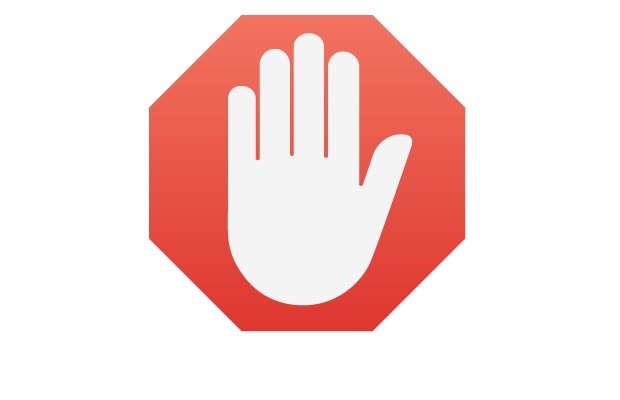The World Advertising Federation (WFA) called for the industry to take more responsibility against mobile ad blocking, as a new report reveals that 22% of mobile users are employing some form of filtering software.
The call to action is a response to PageFair’s last mobile adblocking report, with the industry body saying it’s heard the message “loud and clear” and it’s readying to tackle the problem.
PageFair revealed that at least 419 million people, or 22% of the world’s 1.9 billion smartphone users, are blocking ads on the mobile web, with there now being twice as many adblockers being used on mobile as opposed to desktop.
To combat the rise of adblocking the WFA plans to bring together a broader coalition, particularly with leading publishers, to work together in order to take coordinated action at a global level.
This coalition will be designed to support and enhance local initiatives which are already under way.
“Consent of the public”
Andrew Darling, Director of Communications at Blis, a pioneer in advanced location data technology, said: ‘’It’s very refreshing to see that the World Federation of Advertisers (WFA) is taking steps to create a global advertising watchdog to tackle the issues posed by ad blockers. And, following the news that mobile ad blocking rose 90 percent last year, this action can’t come soon enough. As the WFA notes, to best tackle the ad blocking problem the industry must ensure it is providing high quality, relevant content. It therefore needs to identify why consumers are blocking ads, and leverage mobile data intelligence to create ads with which consumers will want to engage.
“Advertising has only ever worked, and can only ever work, with the consent of the public. This consent has been implicit and has existed for generations in traditional media like newspapers, magazines, radio, TV and cinema. But it needs to be re-examined to meet the needs of today’s digital consumers – it also has to be more explicit consent.
Messaging about the value exchange for advertising also needs to be reinforced to a younger generation of consumers. Interestingly, when value exchange is described i.e. would you use an adblocker if it affected a journalist’s job – most folk wouldn’t.
A global watchdog would be a very welcome first step towards this, and Blis firmly support this initiative, as we believe strongly in self-regulating online advertisements to ensure they’re engaging and beneficial for the recipient. We know that consumers do not appear to object to advertising; 71 percent of ad block users are saying they would proactively whitelist sites that meet acceptable criteria. It is ads considered to be visual clutter, due to poor quality and irrelevance (cited by 64 percent of users), that drive consumers to block ads on mobile. The onus is therefore on the industry to ensure it is serving the right adverts to the right people, at the right time and in the right place.
Here, effective usage of mobile data, and in particular mobile location data, will be key. Through utilising the wealth of data available, marketers can build a high definition view of the consumer and ensure they’re delivering effective, personalised content at the most opportune time and place, adding value to the customer experience, while continuing to maintain revenues and striking a crucial blow to ad blocking technology.”
See latest article on mobile ad blocking.

